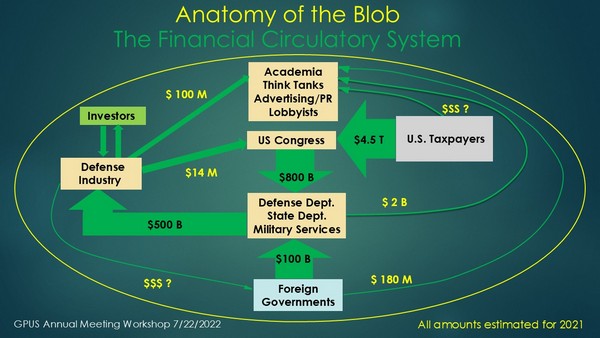As the Trump administration prepares to increase the enormous U.S. defense budget to over one trillion dollars, it is an appropriate time to describe how the U.S. arms industry participates in a structure of normalized corruption that I call defense racketeering. The Military-Industrial Complex that President Eisenhower warned against in 1961 has grown and evolved in ways that are grossly wasteful, promote armed conflict, and weaken national defense. I will describe this pernicious system of grifting and offer some recommendations for ending it.
A few years ago, I made the diagram shown below depicting the financial circulatory system of the U.S. Military-Industrial Complex (aka, The Blob). Eisenhower originally intended to describe it as the Military-Industrial-Congressional Complex, and this would have been a more accurate term because the defense budget funding committees of the U.S. Congress are the beating heart of the Blob.
It is not generally understood how few people direct the flow of the hundreds of billions the U.S. spends every year on defense. The senators and representatives on the Armed Services and Appropriations committees of the Congress are easy targets for the lobbyists of the defense corporations. The weapons makers spend about $70 million a year on lobbying in Washington, and they donate generously to members of the key committees that control the defense budget.
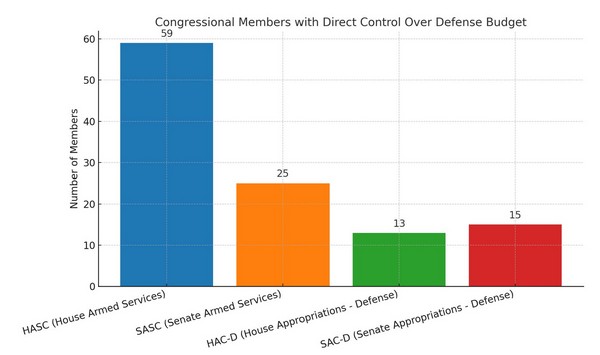
The committee staffers responsible for advising on defense budget items are out-gunned by the industry lobbyists, who earn considerably more, and are proficient in the arts of persuasion. As of 2023 there were 708 active Washington lobbyists working for defense corporations. Most of these lobbyists have gone through the “revolving door” of military or government jobs and are intimately familiar with the political terrain.
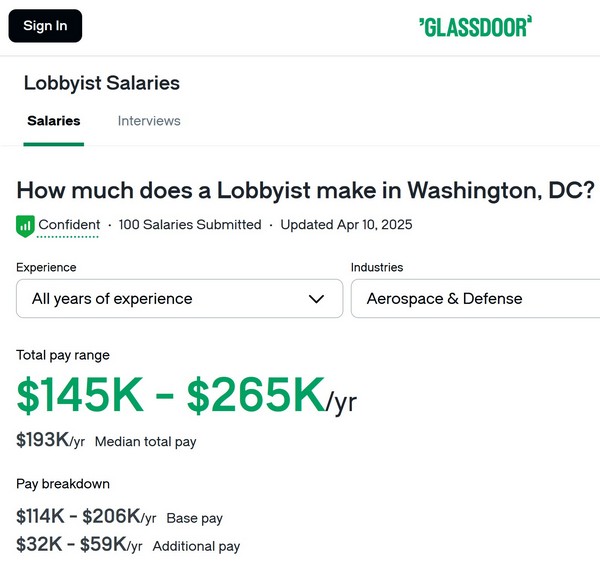
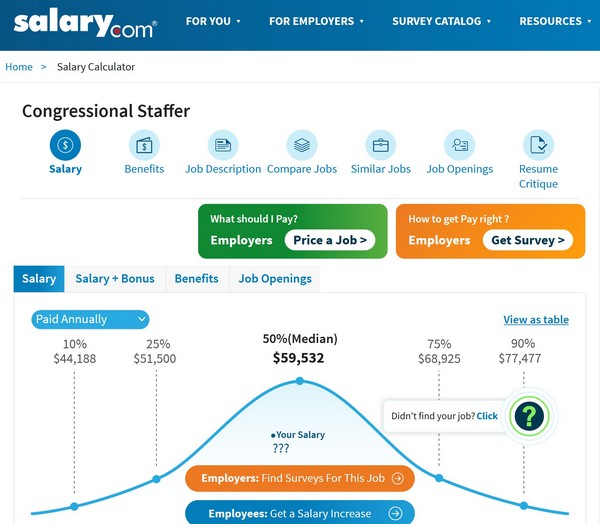
The goals of the lobbyists are two-fold: promote the growth of the overall defense budget and defend the the weapons programs of their employers. There are enormous sums at stake. Although in recent years the U.S. defense budget has consumed about an eighth of the total Federal budget, it has been roughly half of the discretionary budget. The discretionary budget is all outlays that are not legally obligated, and thus directly under congressional control each year.
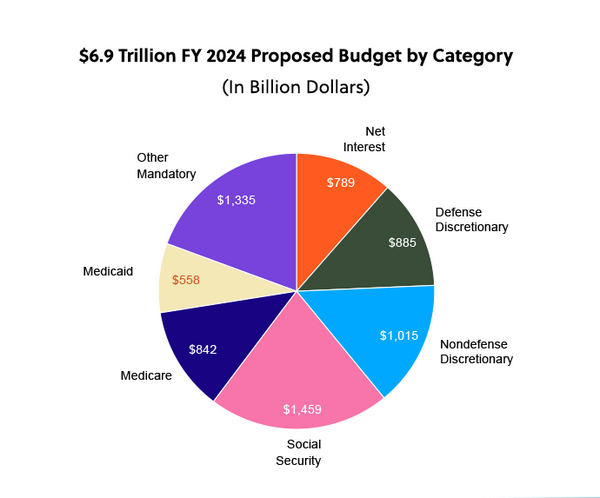
If Trump’s proposed cuts to domestic programs and defense budget increase to $1 trillion are passed, the U.S. will be spending even more of the discretionary budget on weapons and war, pushing the defense share to over 60%.
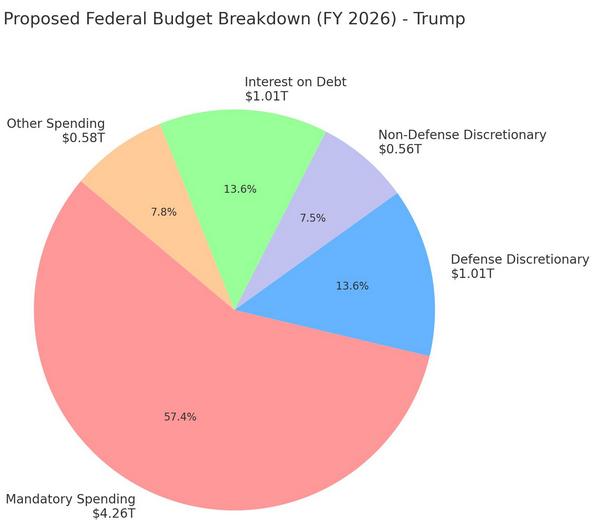
How does the U.S. defense industry run such a successful racket? I have already mentioned their potent lobbying capability. Now let us examine some tools of their trade.
Threat Inflation
A massive defense budget must be justified by threats to the United States. If legitimate threats do not exist, imaginary ones can easily be conjured up. Working with think tanks, media contacts, and bellicose politicians, almost any foreign entity can be puffed up to a serious threat to U.S. “interests” by defense industry lobbyists. At various times, Cuba, Nicaragua, Afghanistan, Iraq, and Libya were considered military threats. For 20 years, Islamic terrorism was the threat justifying huge U.S. military budgets. With the revival of cold war confrontation with Russia and China, we have returned to a tried and true national security threat. The costumes change, but the show goes on.
Gold Plating
It is an article of faith in the U.S. defense community that advanced, highly-complex weaponry can overcome the presumably inferior weaponry of potential adversaries. This bias toward ambitious application of leading-edge technologies is beneficial to arms makers because it raises the costs of weapons programs and justifies delays and difficulties in completing projects. The result is a process of over-specification of weapons designs and disappointing results in the deployed system.
An example of this approach is the M777 howitzer. This field gun was designed to be highly transportable, incorporating titanium parts and other lightweight components. On the battlefield in Ukraine the M777 has suffered from short barrel life, and replacement of barrels and other worn parts has become a logistical problem. The B2 Stealth Bomber, at a cost of $2 billion per aircraft, had the rare distinction of costing more than its weight in gold until 2008. Gold prices have risen since then, but production of the B2 was halted in 2001 and only 20 are operational. Other examples of gold-plated projects are the Gerald Ford aircraft carriers, the Zumwalt destroyer, and the Osprey tilt-rotor transport aircraft.

B2 stealth bomber – golden goose?
Non-Competition
The magic of the marketplace has not been working in favor of U.S. taxpayers, as defense corporations have consolidated into five behemoths that manage the biggest weapons projects, such as the F35, nuclear submarines, ICBMs, and the Patriot missile system.
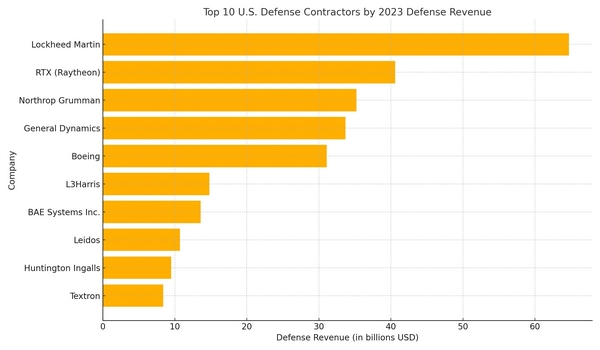
Moreover, some of the contract bidding has become single-source. The $13 billion contract for replacing the U.S. ground launched Minuteman ICBM force was awarded to Northrop Grumman without any competitive bid. What could go wrong?
Deferred Bribery
Dangling the prospect of lucrative future employment is not considered bribery if there is no explicit offer. A senior military officer in the U.S. can retire after 20 years and receive a pension of about 50% of military salary, then take a lobbying job in the defense sector earning double the former military salary. This process is what makes the revolving door spin, and it results in most of Washington defense lobbyists having prior military or government careers. Even retired congressional representatives can cash in on lobbying employment if they have influence with the key funding committees. Thus, decisions on military expenditures are in the hands of people who stand to benefit from actions friendly to potential future employers, and it is all perfectly legal.
Moving Goalposts
When developing complex, highly-sophisticated weapons systems, delays and cost overruns frequently occur. Defense contractors are seldom punished for failures to meet schedule and cost requirements. Instead, project timetables are extended and supplemental funding is awarded. The F35 fighter program has been delayed by more than 8 years and has exceeded original cost expectations by $165 billion.

Lowering the Net
When a big weapons program gets into trouble, performance specifications are sometimes relaxed to allow the program to continue. The F35’s maneuverability, acceleration, and combat radius requirements were all relaxed in the course of the program. A general reduction of weapons testing requirements has also been underway in recent years, much to the liking of the defense contractors.
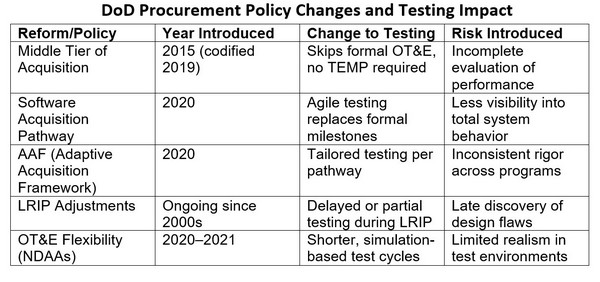
The Secrecy Shield
If no one knows what you are doing, no one knows what you are doing wrong, and this maxim applies to the “black budget” programs of the U.S. Defense Department. Considering the embarrassing failures of defense projects that are publicly accountable, one can only imagine what malfeasance lies behind the cloak of secrecy surrounding programs considered too sensitive for public disclosure. The black budget of undisclosed secret programs has grown to well over $50 billion.
What Can Be Done
Although it is unlikely that the U.S. Congress will resist the lobbying power of the defense industry, there are several measures that should be taken to reduce the abuses of defense racketeering
Debarring is the halting of business eligibility for a contractor for misconduct that has damaged the interests of the government. This can be a ban for a specific interval or a permanent ban. Debarring is a legal sanction that has seldom been used. An increased threat of debarring would result in a diminution of failed deadlines and cost overruns.
Blocking Revolving Doors can easily be effected through legislation increasing the required elapsed time between the end of government service and employment as a lobbyist. Establishing a five or ten year interval would reduce considerably the negative consequences of revolving door hiring.
Defense Department Auditing would improve the oversight of contractor activity and provide valuable management information regarding the life cycle costs of major weapons programs. Unfortunately, the DoD has failed to achieve successful audits. Until the Congress penalizes the armed services for audit failures, this goal will not likely be achieved.
Independent Design and Project Reviews would help avoid many failures of weapons development projects by better evaluating risks. Contractors working in a permissive regulatory environment have perverse incentives to accept program risks when there are no serious consequences for poor performance. Independent reviewers would not be subject to such influences.
Nationalization is the ultimate remedy for defense racketeering. Selective nationalization of projects would be appropriate for the mass production of reliable and effective conventional weapons that are considered relatively unattractive undertakings by defense corporations. By removing misdirected profit incentives and prioritizing on time and under budget project completion, management incentives can be aligned with the interests of U.S. taxpayers, and not those of corporate stockholders.
ConclusionU.S. defense corporations have succeeded in receiving an enormous portion of the annual discretionary Federal Budget, roughly half a trillion dollars, through legally sanctioned racketeering in the halls of the U.S. Congress. Apart from the diversion of resources from productive domestic uses, the money spent has produced a series of badly flawed weapons projects that have weakened U.S. national security rather than strengthening it. Reforms in this sector are badly needed. These should include measures to curb the political influence of the defense corporations, improve the weapons procurement process, and increase effective oversight of defense projects. Until such reforms are implemented, the naked capitalism of the U.S. defense industry will remain an ugly sight.


